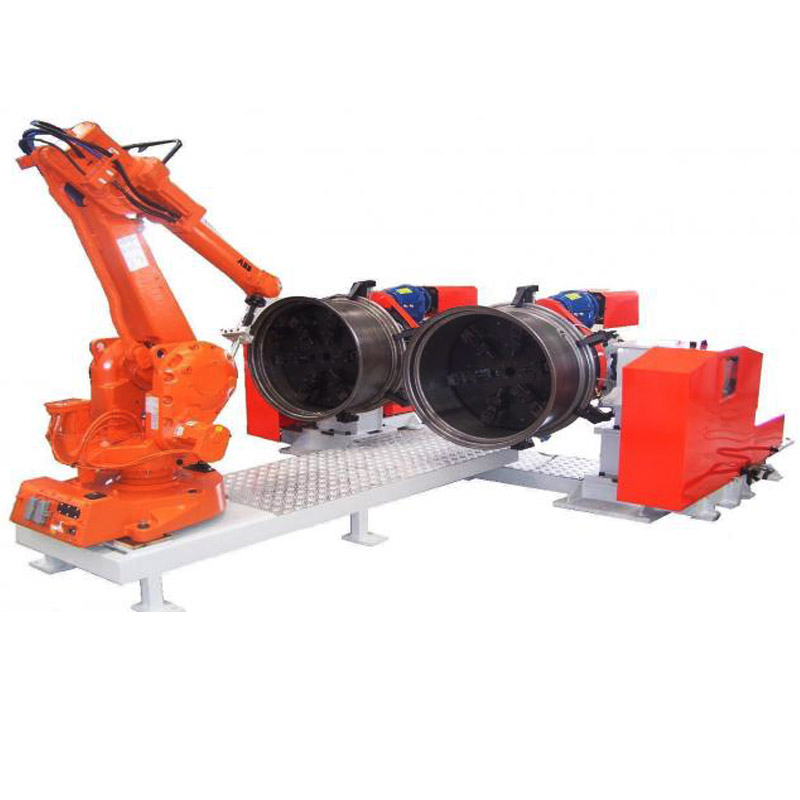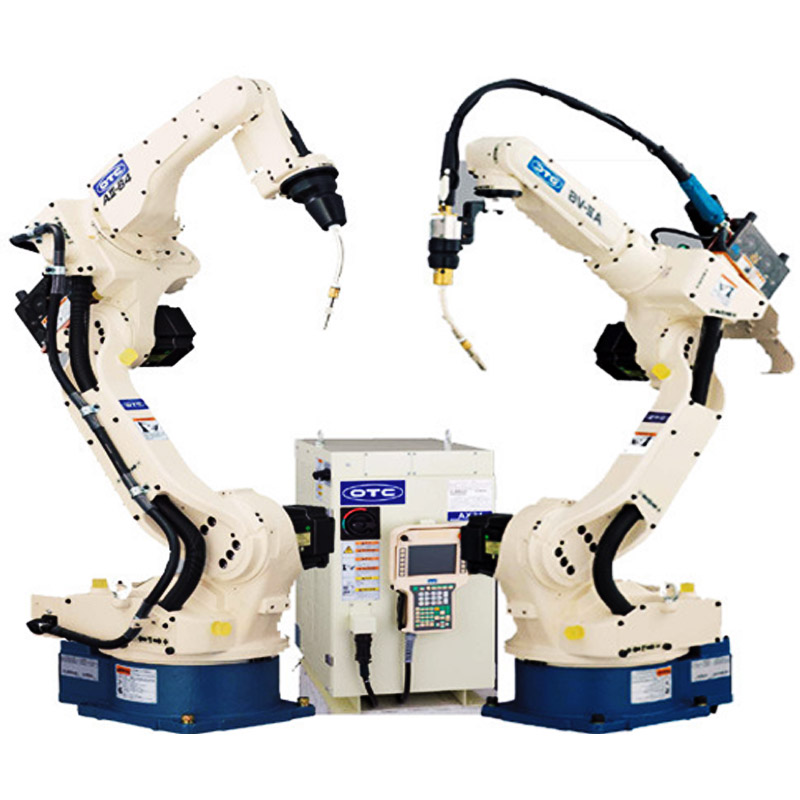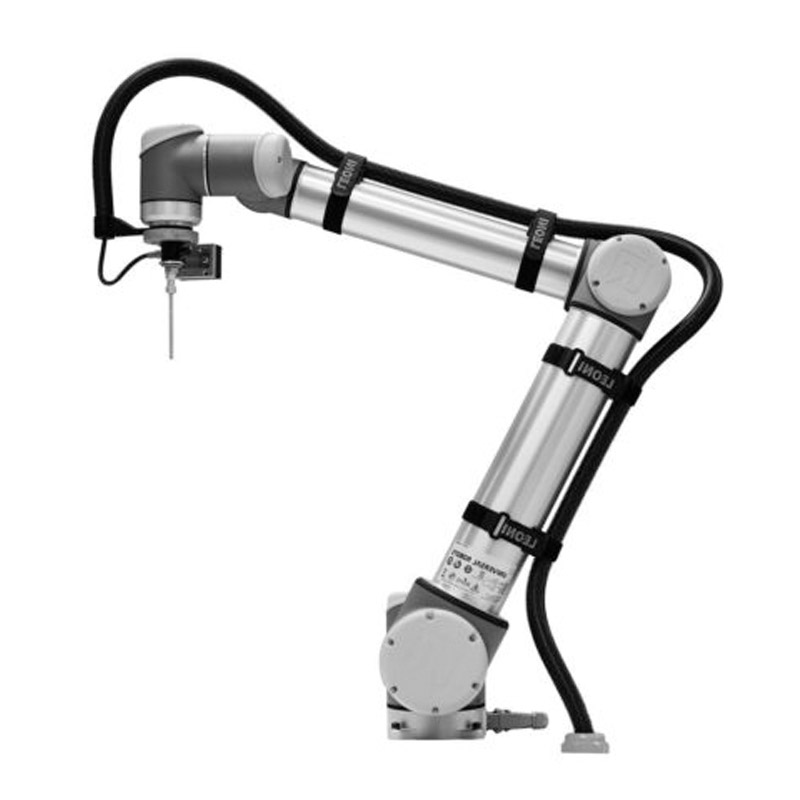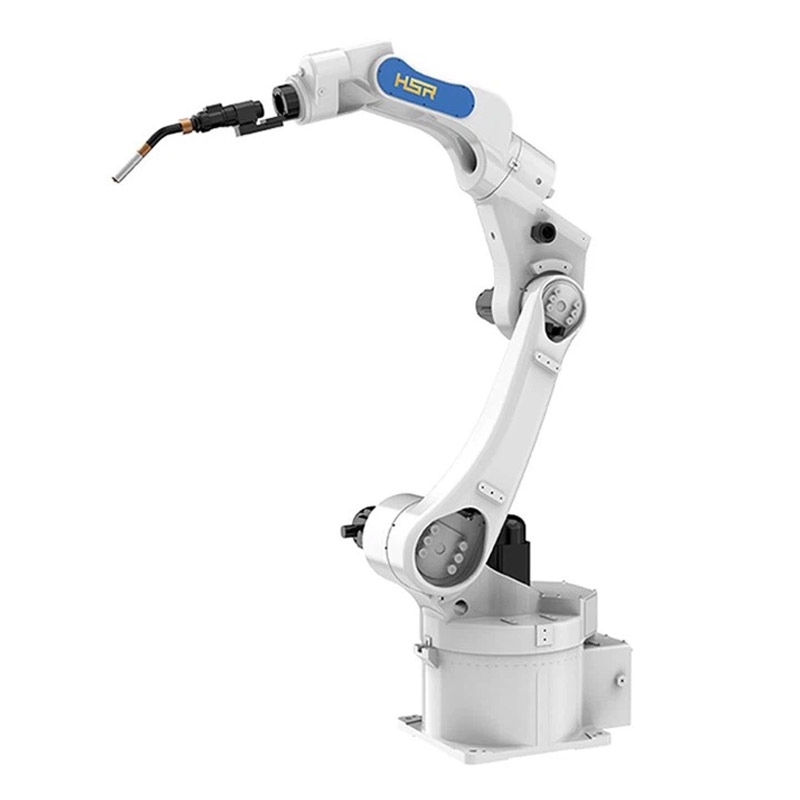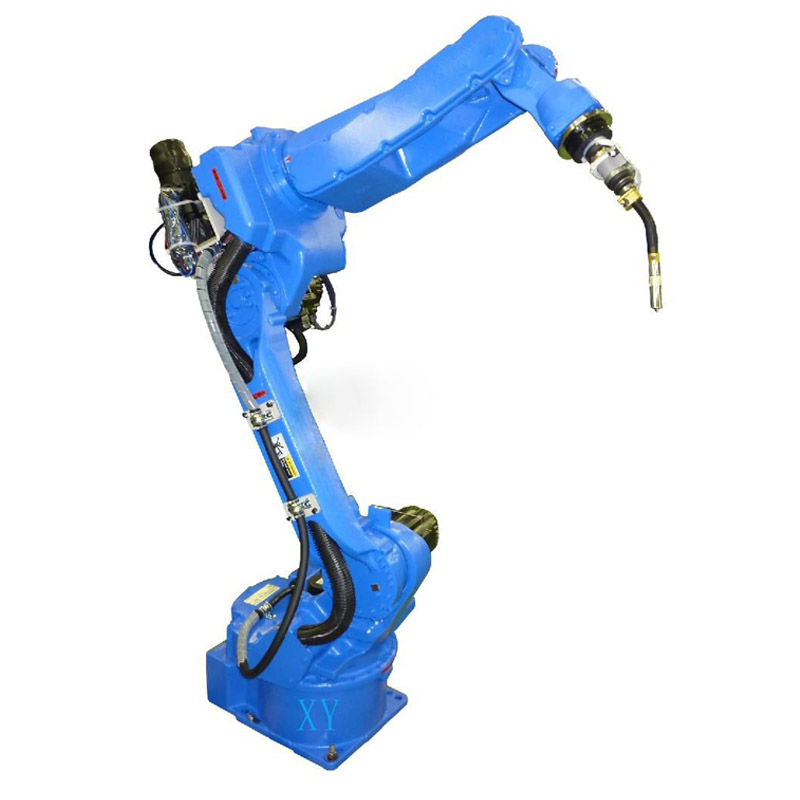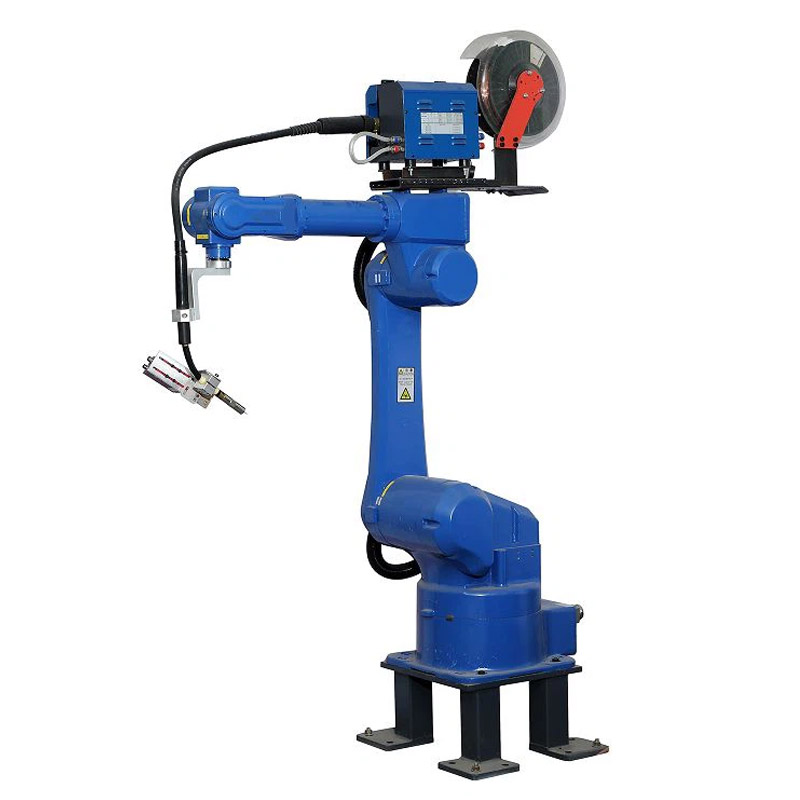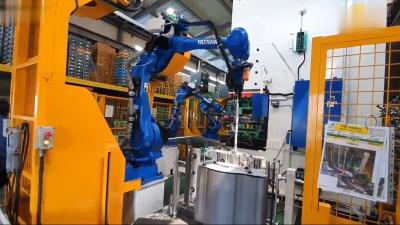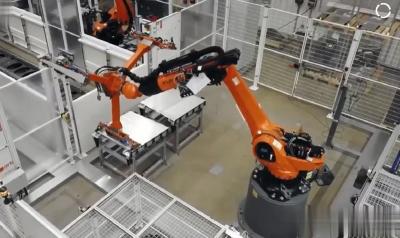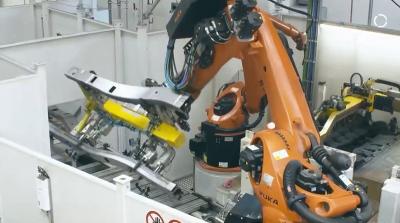Automated Welding Robots For Cars
Automated Welding Robots For Cars
Automated welding robots for cars offer several advantages. Firstly, they improve welding accuracy and precision, resulting in higher quality welds. Secondly, they increase productivity as they can work continuously without fatigue or breaks. This leads to faster production cycles and higher output. Additionally, these robots enhance worker safety by reducing the need for human welders to work in hazardous environments. They also reduce labor costs as fewer human welders are required. Lastly, automated welding robots can be programmed to perform complex welding tasks, providing flexibility in manufacturing processes.
Automated Welding Robots For Cars
Automated welding robots have revolutionized the car manufacturing industry. Companies like Yaskawa and Kawasaki have developed advanced robot welding systems that are widely used in car production.
Yaskawa's robot welding technology ensures precise and efficient welding of car components. With their high-speed and accurate movements, these robots can weld various parts of a car, including the chassis, body panels, and exhaust systems. The use of Yaskawa robots in car manufacturing has significantly improved productivity and quality control.
Similarly, Kawasaki's robot welding systems have proven to be highly reliable and versatile. These robots are equipped with advanced sensors and control systems, allowing them to adapt to different welding tasks. They can handle complex welding processes with ease, ensuring consistent and high-quality welds in car production.
The integration of automated welding robots in the car manufacturing process has resulted in numerous benefits. These robots can work continuously without fatigue, leading to increased productivity and reduced labor costs. Moreover, their precision and consistency in welding ensure the structural integrity and durability of the cars.
In conclusion, the use of automated welding robots, such as those developed by Yaskawa and Kawasaki, has greatly improved the efficiency and quality of car manufacturing. These robots have become an essential part of the industry, contributing to the production of reliable and well-built cars.


